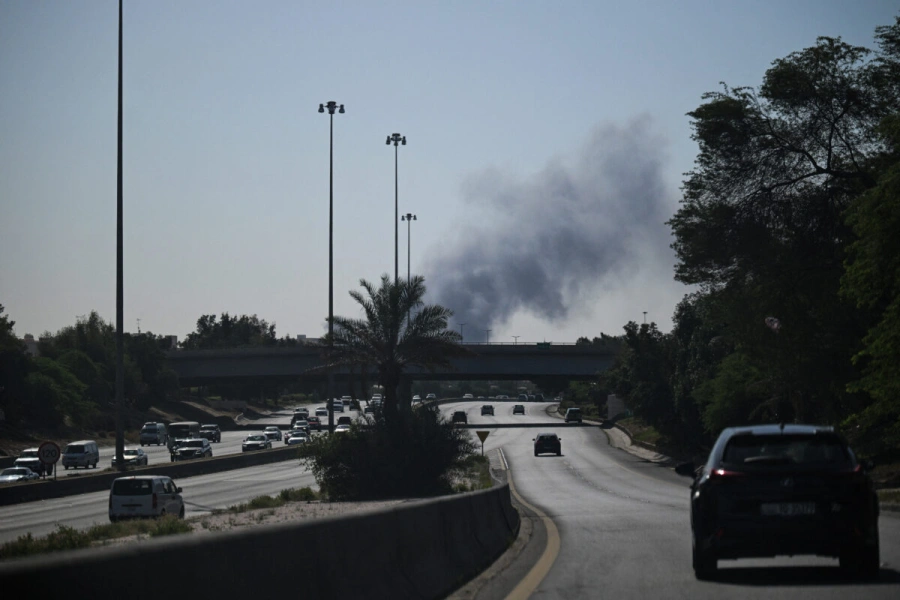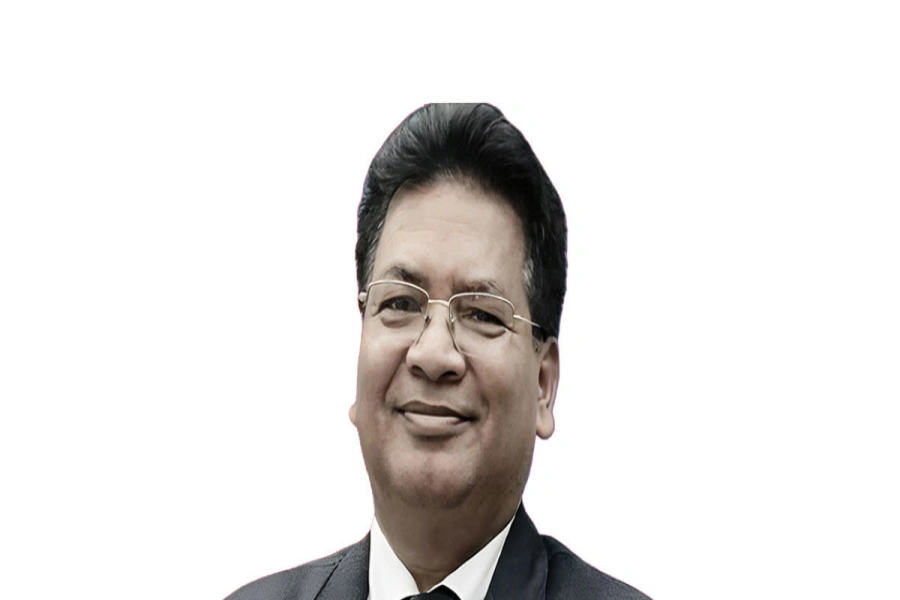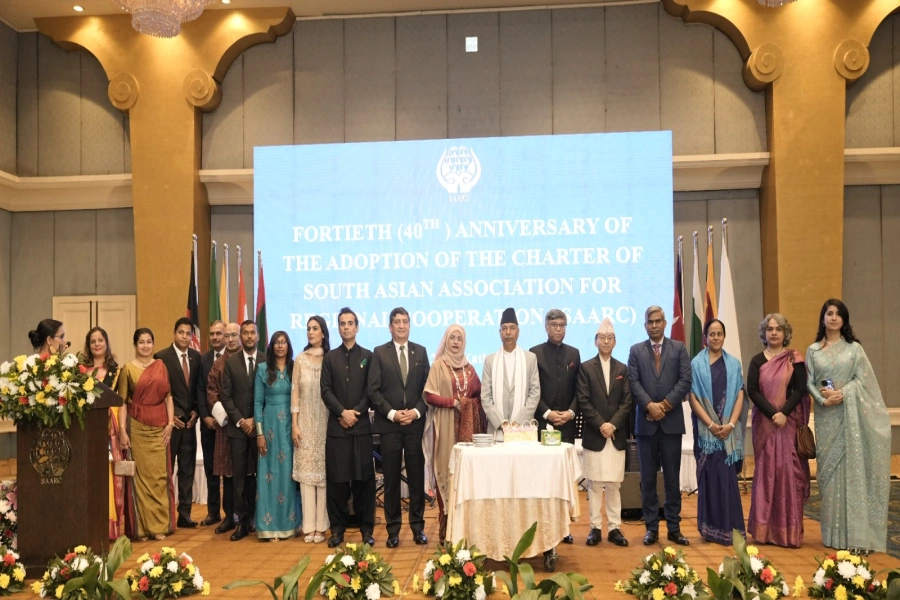KATHMANDU, Dec 8: Indian Prime Minister Narendra Modi and Pakistan Prime Minister Imran Khan on Sunday issued their statements on the occasion of 35th SAARC Charter Day that falls on December 8.
In his statement, Modi called for greater collaboration among the SAARC member states to act against the scourge of terrorism, according to Indian media reports.
"SAARC has made progress but more needs to be done. Our efforts for greater collaboration have repeatedly been challenged with threats and act of terrorism"," he said.
Highlighting how terrorism "impedes our shared objective of realizing the full potential of SAARC", Modi said adding "it is critical that all countries in the region take effective steps to defeat the scourge of terrorism" and the "forces that support it" which will "generate greater trust and confidence to build a stronger SAARC".
As SAARC Turns Forty…

Modi said that the regional organization was set up "to build a connected and integrated South Asia" and aims to promote "development and progress of all countries in the region" and New Delhi will continue to "support various initiatives to achieve closer cooperation in diverse areas".
In his statement, Prime Minister Khan said that Pakistan believes the effective and result-oriented regional cooperation can only be achieved by adhering to the cardinal principles of sovereign equality and mutual respect as enshrined in the SAARC Charter.
"December 8 marks the day when leaders with vision and foresight adopted the SAARC Charter and pledged to work together for the progress and prosperity of South Asia," Khan said in the statement posted on the official website of the Ministry of Foreign Affairs of Pakistan.
"This day reminds us of the enormous responsibility placed on our shoulders by our peoples, and their expectations from their leaders to address the common challenges of poverty, illiteracy, disease and under-development," Khan said in the statement.
Khan said Pakistan was a firm believer in the strength and potential of regional cooperation for individual, national and regional development.
"Pakistan believes that effective and result-oriented regional cooperation can be achieved only by adhering to the cardinal principles of sovereign equality and mutual respect as enshrined in the SAARC Charter," Khan was quoted as saying in a statement issued by the Pakistan Foreign Office.
Khan reiterated Pakistan's commitment to the SAARC process and expressed hope that the hiatus created in its continuous progression would be removed, enabling the SAARC nations to forge ahead on the path of regional cooperation for development and to achieve their full potential, it said.
On December 8, 1985, at the first SAARC Summit in Dhaka, the leaders of the seven South Asian states - the Maldives, India, Bhutan, Pakistan, Nepal, Bangladesh and Sri Lanka - signed a charter to establish the South Asian Association for Regional Cooperation (SAARC). Afghanistan joined as the youngest SAARC member in 2007. SAARC Charter Day is commemorated every year to mark the signing of this Charter.




































